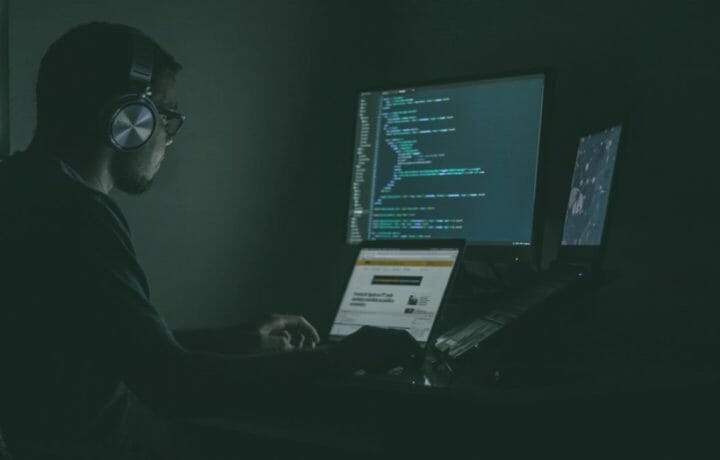When you think about drones, you think of drone strikes in Pakistan and military operations overseas, right? Try looking up in your metropolitan skyline.
The FAA is fielding new requests for drone authorizations all the time. Some of the latest are:
- The State Department
- National Institute of Standards and Technology (NIST)
- Barona Band of Mission Indians Risk Management Office (near San Diego, California)
- Canyon County Sheriff’s Office (Idaho)
- Clackamas County Sheriff’s Office (Northwest Oregon)
- Grand Forks Sheriff’s Department (North Dakota)
- King County Sheriff’s Office (covering Seattle, Washington)
The Electronic Frontier Foundation actually had to do a FOIA (Freedom of Information Act) request to get the list. And the map where current drone permits have been issued, is pretty impressive. Basically, wherever you live, there might be a drone around. (Except for Charlottesville, Va., which recently passed a resolution barring drone flyovers)
Is that a bad thing? It saves money, as a drone and pilot are a lot less expensive than say, a helicopter and pilot. And it’s true that the implications are far beyond national security, including border control, wildlife monitoring, or even traffic reporting and media coverage.
Drones provide a way for federal agencies, the military, and state and local law enforcement to share experiences, and information. The military started with drones and has been passing information, and drone experienced personnel (veterans), to law enforcement agencies for a few years now.
Good reasons, right? Absolutely. But there are more than a few sceptics. Because people get nervous about being watched by robot birds of prey, just sitting in the sky, video cameras whirring as it watches you, watches you, watches you. Ok, enough of that.
In Seattle, they returned the FREE UAV’s (Unmanned Aerial Vehicles) to the manufacturer, because people complained.
While UAV’s are potentially amazingly useful for police, law enforcement agencies, and the military, and being trained to fly/maintain/or support them is a great career choice, the whole program has to have popular support. Or it may just crash and burn. (I couldn’t resist the pun. I’m so sorry.)
Joshua Marpet is on the Board of Directors of two Infosec conferences, BSides Las Vegas, and Security BSides Delaware. He is also staff at Derbycon, Shmoocon, and as the "InfoSec Megaphone", anywhere else he goes. Joshua is an experienced Forensic, Incident Response, and mobile forensics expert and researcher. As an adjunct professor at Wilmington University, he teaches Information Security at an NSA/DHS certified Center of Academic Excellence. In his professional life, he is a managing partner at Guarded Risk, a proactive forensics and proactive incident response firm.



